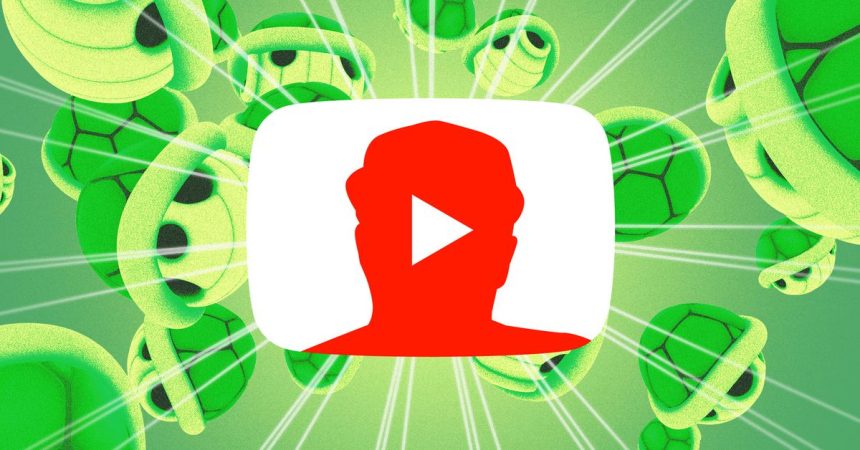Dominik “Domtendo” Neumayer, a YouTuber with over 1.5 million subscribers and a 17-year history on the platform, found himself embroiled in a copyright nightmare after posting videos featuring “The Legend of Zelda: Echoes of Wisdom.” He received copyright strikes from someone claiming to be a Nintendo lawyer, threatening the termination of his channel. The peculiar aspect was the email address used by the purported lawyer, a personal account on an encrypted email service. This raised red flags for Domtendo, especially given the established practice of “Let’s Play” videos being generally accepted by the gaming industry as free marketing.
The situation escalated as Domtendo received further emails from the individual, who insisted on the removal of more videos. The emails became increasingly bizarre, citing inflated numbers of infringing videos and making threats of legal action approved by Nintendo of America’s president. Domtendo, fearing for his channel, began removing videos preemptively. He soon discovered that other creators, including Waikuteru, a Zelda mod developer, had been similarly targeted. Waikuteru’s takedown notices, however, were in Japanese and seemingly originated from a legitimate Nintendo email address, further muddying the waters.
The investigation into the alleged Nintendo lawyer’s identity revealed no public record of anyone by that name working for Nintendo. While a similarly named individual existed in Japan, working on Nintendo patents, the circumstances surrounding the takedown requests seemed illogical. The emails contained legal inaccuracies and the alleged lawyer’s focus on a German YouTuber from a Japanese base of operations was highly unusual. Despite these inconsistencies, Domtendo remained apprehensive, fearing repercussions from a legitimate Nintendo representative.
Domtendo’s direct contact with Nintendo provided a breakthrough. The company confirmed that the email address used by the individual was not legitimate and that the communication did not reflect their standard practices. However, even with this confirmation, Domtendo’s apprehension lingered. The individual continued to contact him, claiming to have been suspended but assuring him that other Nintendo colleagues would proceed with the copyright claims. A subsequent email, seemingly from a legitimate Nintendo address, heightened Domtendo’s anxiety. However, examination of the email headers revealed that the address had been spoofed using readily available online tools.
The imposter’s charade ultimately crumbled due to this technical misstep. Domtendo’s suspicion that the troll had access to his private Discord channel strengthened, though definitive proof remained elusive. He expressed anger towards YouTube for its vulnerability to such fraudulent takedown requests. The incident highlights the platform’s susceptibility to manipulation, allowing bad actors to easily target creators with minimal verification procedures.
The ease with which copyright strikes can be filed on YouTube raises concerns about the balance between protecting intellectual property and safeguarding creators from false accusations. The DMCA’s “Safe Harbor” provision, designed to protect platforms from liability, incentivizes rapid removal of content without thorough investigation. This creates an environment where creators are vulnerable to malicious actors exploiting the system. YouTube’s response to the situation was inadequate, failing to address key questions about their verification processes and offering no assurances about future preventative measures. The incident underscores the need for stronger safeguards against fraudulent copyright claims, protecting creators while ensuring legitimate copyright concerns are addressed appropriately.



